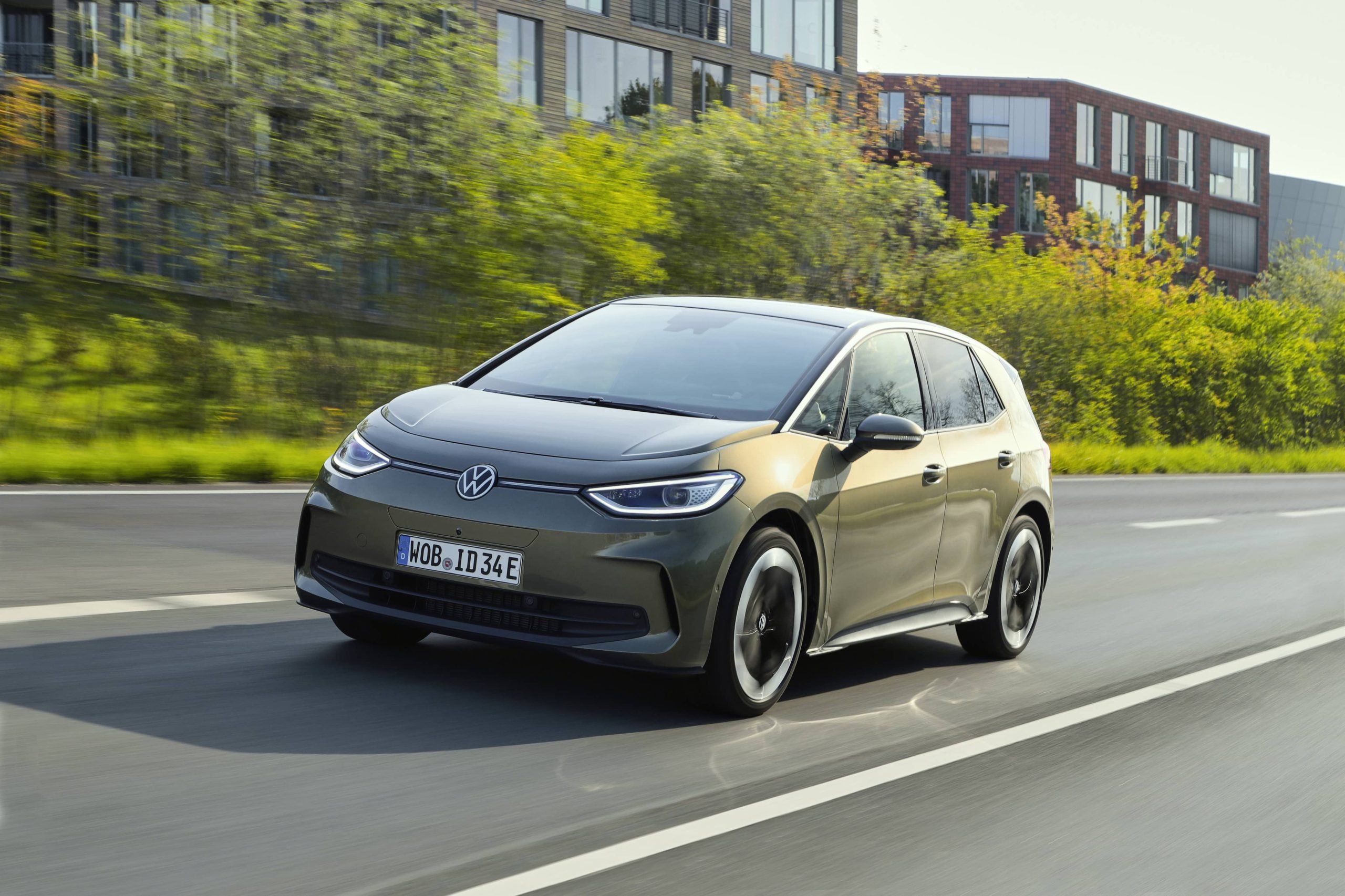Volkswagen has made significant changes to its electric vehicle (EV) production plans in Germany. Firstly, the company has reduced the output of electric cars at its German factories due to a decline in demand for EVs in the country. The German government’s decision to end EV subsidies for business customers has had a major impact on the market. In addition, Volkswagen has cancelled its plans to build a new $2 billion factory in Wolfsburg. The decision comes after a thorough review of the Trinity program and the proposed factory.
Decline in EV Sales in Germany
A report from Bloomberg highlights that the demand for electric cars in Germany has dropped significantly, particularly this month. This decline is primarily attributed to the German government’s decision to end EV subsidies for business customers. In August, there was a surge in EV sales as customers rushed to purchase new cars before the subsidies expired. However, since then, EV sales have been falling continuously. The withdrawal of subsidies has led to a substantial increase in the price of buying a new electric car for business use. In addition, other factors such as rising electricity rates, cost of living, and concerns about charging infrastructure and driving range have also influenced the decline in demand.
Reduction in Production and Cancellation of New Factory
As a result of the decrease in demand, Volkswagen has decided to scale back the production of the Volkswagen ID.3 and Cupra Born electric models at its main EV factory in Zwickau. The reduction in output will continue until October 16. Assembly of the ID.3 at the Glass Factory in Dresden will also cease for the first two weeks of October. The company is currently in discussions with local labor representatives to determine how production in Zwickau will proceed in the second half of October. However, assembly in Dresden is expected to return to normal in the last two weeks of October. Additionally, Volkswagen will be letting go of 269 temporary workers in Zwickau once their one-year contracts expire.
Furthermore, Volkswagen has scrapped its plans to build a new $2 billion factory in Wolfsburg. This decision was made following a careful review of the Trinity program and the proposed new factory. Instead of constructing a new facility, the company will integrate new electric models based on the scalable systems platform (SSP) into existing and modernized structures at its main plant. Notably, the Trinity vehicle project, originally planned for Wolfsburg, will now be assigned to the Zwickau factory.
Future Plans and Company Outlook
Volkswagen has outlined its vehicle allocation plan for the future. The production of the ID.3 will be ramped up in 2023 at the Zwickau factory. The Wolfsburg factory will be responsible for producing an all-electric SUV for the high-volume A segment starting in 2026. Additionally, the factory will continue to produce the Volkswagen Golf and the next generation Tiguan. From 2025 onwards, the successor model of the Tiguan Allspace will also be manufactured at the Wolfsburg factory. The company aims to reduce production complexity and increase plant efficiency by systematically bundling vehicles based on the same architecture across all brands.
Overall, Volkswagen acknowledges the complex challenges faced by the automotive industry during its transformation. The company intends to prepare its plants and production network in Germany for the future through its performance program. The decisions made regarding vehicle manufacturing plants are aimed at ensuring a strong and competitive Volkswagen brand.
It is worth noting that the decisions made by Volkswagen have raised questions and concerns among observers. The changes in production plans, the replacement of key personnel, and ongoing issues regarding software functionality have raised some doubts about the company’s stability. However, Volkswagen remains committed to the EV revolution and continues to adapt its strategies to overcome challenges and remain competitive in the market.
